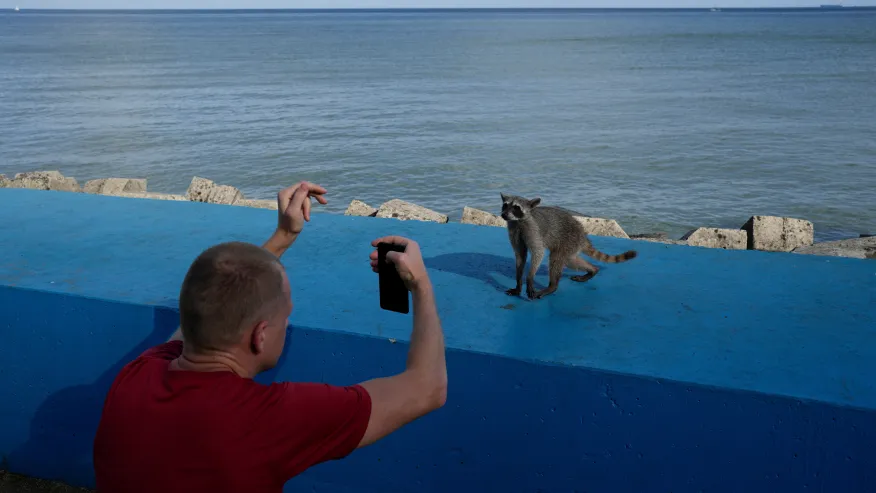Migrants from Afghanistan, Russia, Iran, and China deported from the United States have been left stranded in Panama, desperately seeking asylum in any country that will take them. Without legal support or clear options, they fear being forgotten.
In February, nearly 300 migrants were deported to Panama as part of a U.S. effort to accelerate removals to countries that were harder to deport people to directly. Some returned to their home countries, but others, fearing persecution, were sent to a remote camp in the Darién jungle for weeks. Earlier this month, Panama released those who remained, giving them a month to leave the country.
This week, a group of deportees visited embassies and consulates in Panama City, including those of Canada, the UK, Switzerland, and Australia, hoping to seek refuge. However, they were turned away or told to send emails, which either went unanswered or received generic responses stating that the embassies could not help.
Many of the migrants would consider seeking asylum in Panama, but international aid groups and Panamanian officials have told them that it would be nearly impossible. Advocates warn that these individuals, who never asked to be sent to Panama, now have no idea what to do and nowhere to turn.
The Trump administration’s stricter border policies and funding cuts to refugee organizations have made the situation even more difficult. Over the weekend, the U.S. deported over 200 Venezuelans to El Salvador, accusing them of gang ties without presenting evidence.
On Thursday, the migrants sought help from the U.N. refugee agency in Panama. While they were told they could apply for asylum in Panama, officials warned that their chances of success were slim. Meanwhile, U.N. High Commissioner for Refugees Filippo Grandi urged nations to uphold their commitments to displaced people, stressing that now is a time for solidarity.
Among the stranded migrants, Afghan asylum-seeker Hayatullah Omagh fears that returning home as an atheist and member of the Hazara minority would mean certain death under the Taliban. Russian migrant Aleksandr Surgin, who opposed the war in Ukraine, says he was told he could either go to jail or fight for Russian troops.
With no response from embassies and few remaining options, some migrants are losing hope. “I don’t hope for anything anymore,” said Surgin.

